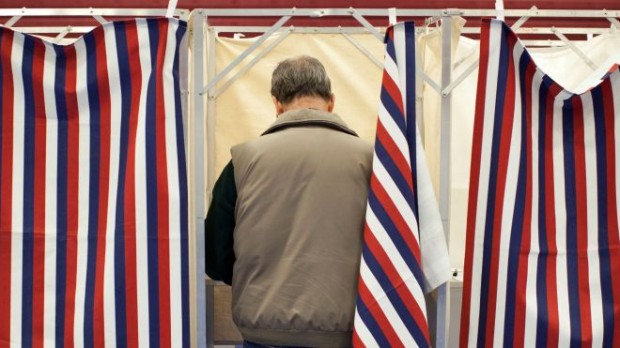Despite What Democrats Say, North Dakota's Elections Are Very Much At Risk For Fraud

North Dakota has some of the loosest voting laws in the country. We are the only state in the nation without voter registration, and to be eligible to cast a ballot one need only have resided in the state for 30 days before election day (and how we’re determining that given the weeks of early voting that now precede every election is beyond me). That last works out well for Democrats who count on thousands of votes on the state’s college campuses from students who have no more invested in North Dakota than a few weeks living in a dorm room.
So, with an eye toward tightening up the security of the state’s ballot, the Legislature passed new voter ID laws. Voting in North Dakota now requires specific identification.
To hear Democrats talk, you’d think think this was an act of racism and voter suppression on par with Jim Crow-era laws (they conveniently ignore the fact that North Dakota’s Indian tribes wisely use voter ID laws to protect the sanctity of their tribal elections).
“If you believe that the North Dakota election system is fraught with fraud, I have a gunny sack and flashlight for you to go snipe hunting tonight,” writes former Democrat Lt. Governor Lloyd Omdahl in a column published today. This is an oft-made argument by Democrats in the state, but it holds little water for two reasons.
First, why must we wait for our elections to become “fraught with fraud” before we act to protect it? Better to be proactive than to wait until fraud produces an illegitimate outcome.
Second, I’m not sure we know that fraud doesn’t already exist.
During the debate in the state House over new voter ID laws, Rep. Randy Boehning – a Republican from Fargo – pointed out that in the 2012 election there were more than 10,000 ballots cast in the state based on residency affidavits that were never verified. That’s a big deal. North Dakota’s US Senate race between Heidi Heitkamp and Rick Berg was settled by less than 3,000 votes.
And even if they had been verified, keep in mind that the Legislature goes into session in January shortly after the election. It would be a mess if a lawmaker already serving in Bismarck, already casting votes for and against laws, were determined to have been elected based on fraudulent votes.
Democrats want to pretend like voter ID laws are a solution in search of a problem, but that’s a tough argument to make when we do very little to determine if there is a problem. And it’s especially a hard argument to buy when the potential for a problem is so very real.




